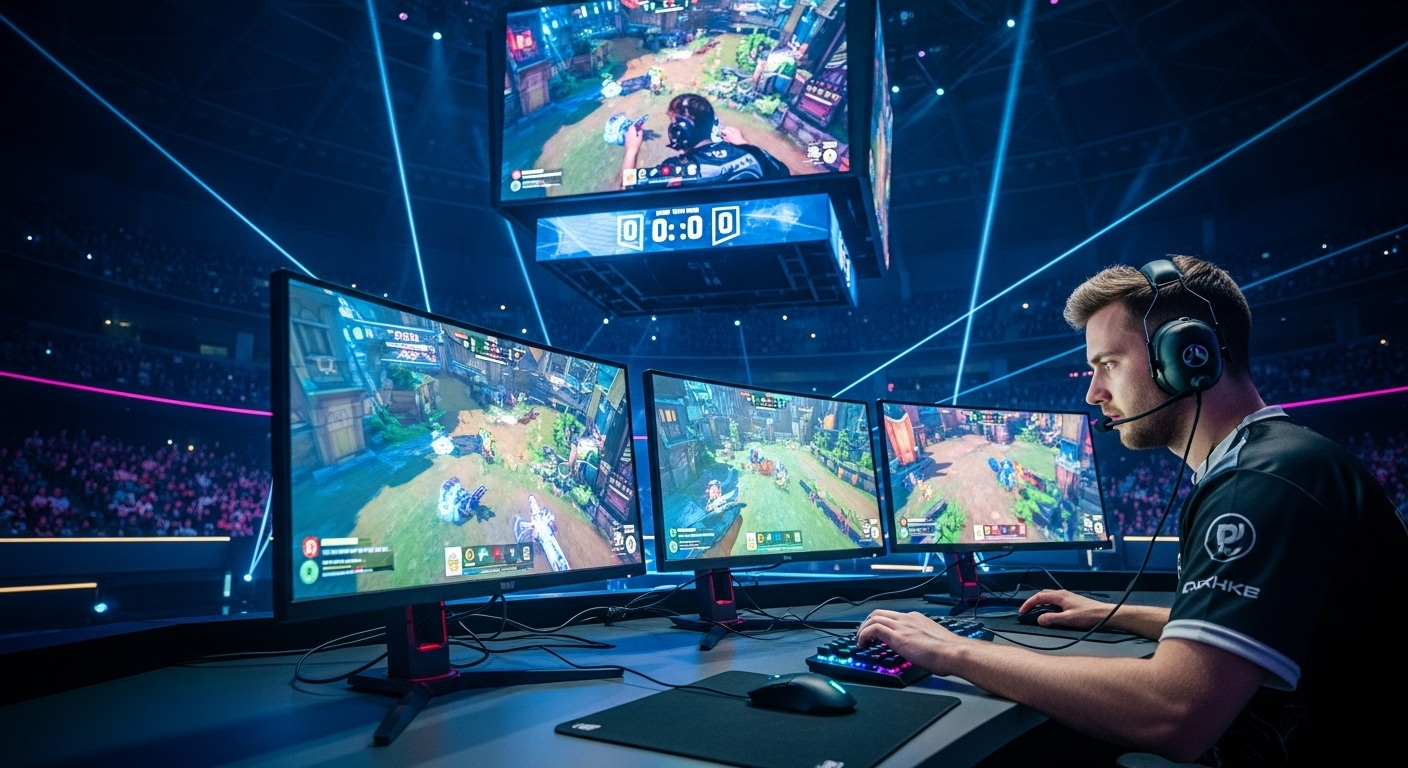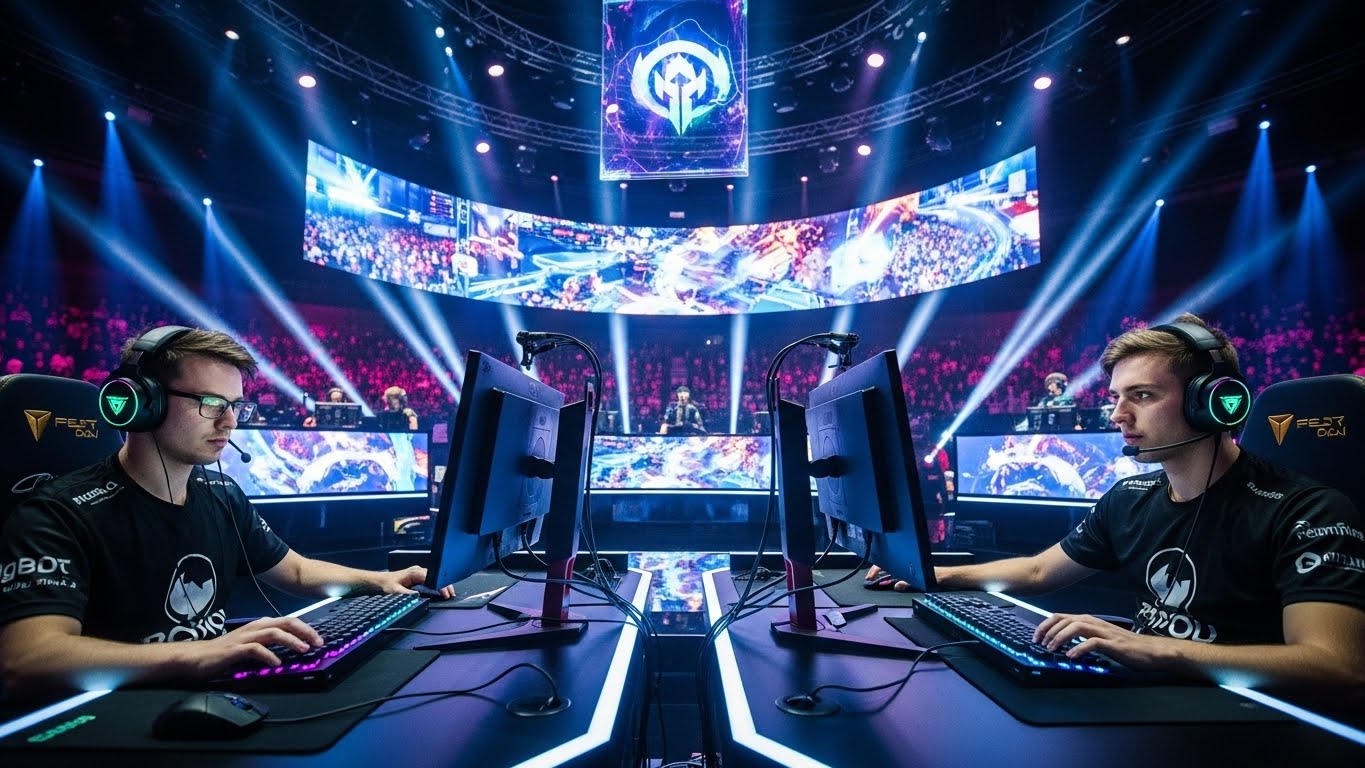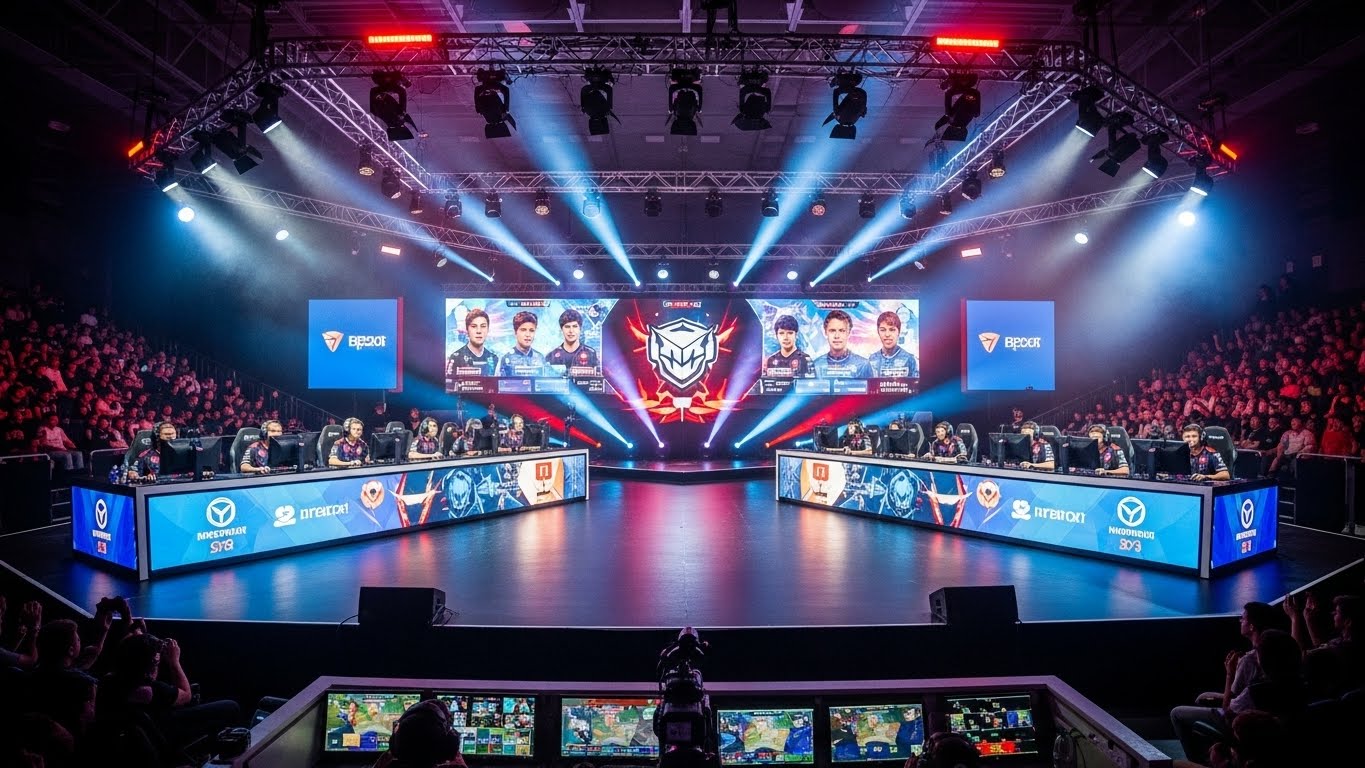Introduction: The New Age of Competitive Gaming
Esports, short for electronic sports, has transformed from a niche hobby into a global phenomenon. What once started as casual video gaming competitions has now evolved into a structured, professional industry with tournaments, sponsorships, and millions of viewers worldwide. With the advancement of technology and the growth of online communities, esports has become a legitimate platform for talent, strategy, and entertainment.
The Evolution of Esports
Esports has a rich history that traces back to the early 1980s when arcade competitions and local gaming tournaments were common. Over the decades, the industry expanded with the rise of personal computers, gaming consoles, and internet connectivity. Today, esports features games spanning multiple genres such as first-person shooters, multiplayer online battle arenas, sports simulations, and strategy games. The level of professionalism has increased, with teams having coaches, analysts, and dedicated training schedules, similar to traditional sports.
Global Reach and Popularity
The popularity of esports is not limited to any one region. Countries in Asia, Europe, and North America have emerged as major hubs, producing top players and hosting massive international tournaments. Esports events attract millions of live viewers both online and in arenas, rivaling the audiences of conventional sporting events. Platforms like streaming services allow fans to watch matches in real-time, fostering a strong community culture and fan engagement that is unique to the digital age.
Economic Impact of Esports
The esports industry is booming economically. Revenue streams include tournament prizes, sponsorship deals, merchandise, streaming subscriptions, and advertising. Major brands recognize the potential of esports to connect with younger audiences, leading to partnerships that further legitimize the industry. Additionally, esports has opened up career opportunities beyond playing, such as content creation, marketing, event management, and coaching, creating a comprehensive ecosystem of employment opportunities.
Challenges and Misconceptions
Despite its growth, esports faces challenges. Some critics question whether gaming can be considered a “real sport,” while players face issues like burnout, physical strain, and mental health concerns. The competitive nature of esports also leads to high pressure and intense training schedules. Addressing these challenges is crucial to ensure the sustainable growth and well-being of participants.
The Future of Esports
The future of esports is promising. Emerging technologies like virtual reality, augmented reality, and AI-driven analytics are likely to further transform gameplay and viewing experiences. As the industry gains more recognition from mainstream sports organizations, educational institutions, and governments, esports is poised to become an even more integrated part of global entertainment and culture.
Conclusion: More Than Just a Game
Esports represents more than just playing video games—it embodies strategy, teamwork, dedication, and innovation. It has grown into a global cultural movement that offers both entertainment and professional opportunities. As technology continues to evolve and audiences expand, esports is not just leveling up; it is redefining what competitive sports mean in the 21st century.



